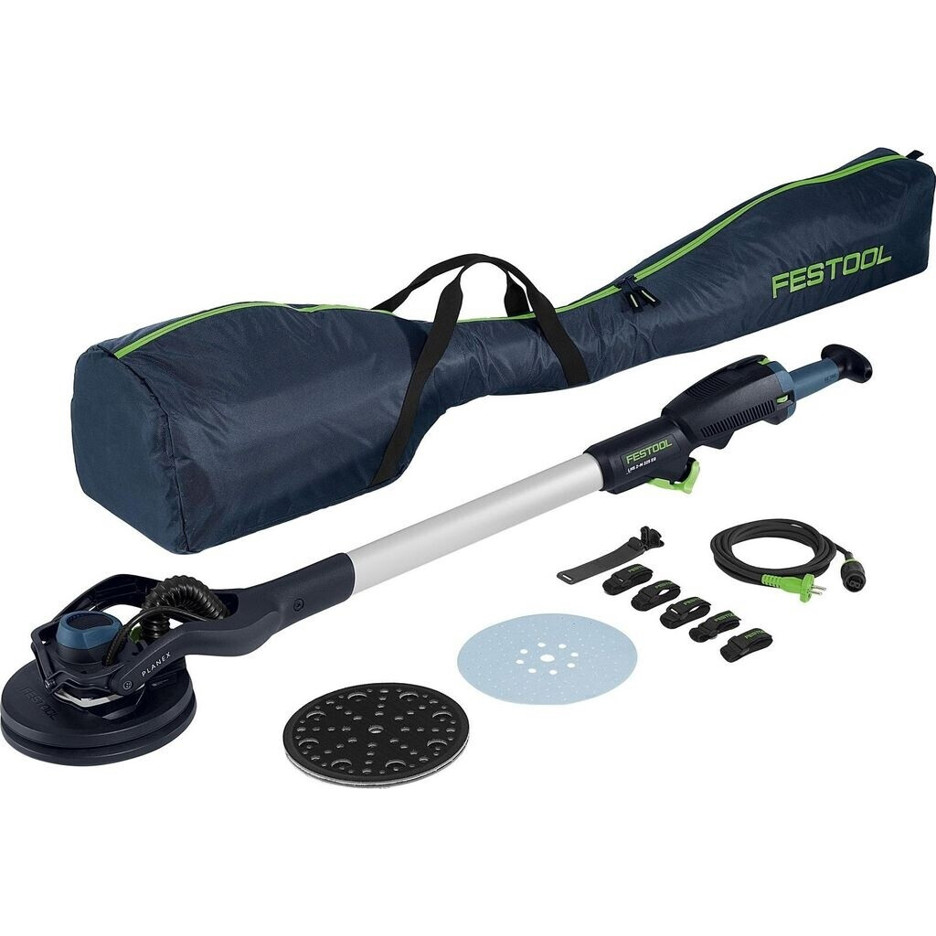Why Nobody Cares About Oil-Free Compressor Price Comparison
Oil-Free Compressor Price Comparison: What You Need to Know
Oil-free compressors have carved out a niche on their own in various markets, consisting of food processing, pharmaceuticals, and cleanroom applications, where oil contamination can cause significant security and quality concerns. As the need for these compressors continues to rise, so too does the need to understand the pricing landscape. This article uses a detailed price comparison throughout various brands and models while providing insights into what factors influence cost, along with addressing some frequently asked questions.
Comprehending Oil-Free Compressors
Oil-free compressors operate without the requirement for lubrication oil, utilizing alternative innovations such as piston or rotary mechanisms. The advantages of oil-free compressors consist of:
- Clean Air Supply: Ideal for sensitive applications where impurities could change the product or process.
- Lower Maintenance: Reduced requirement for oil changes and associated upkeep tasks.
- Higher Efficiency: Typically runs cooler and can have lower energy expenses in some cases.
In spite of these advantages, prospective purchasers often discover themselves coming to grips with diverse price ranges. Listed below, we present a comparison of a number of popular designs offered on the market.
Price Comparison Table of Popular Oil-Free Compressors
| Brand name | Design | Power (HP) | Price (GBP) | CFM (Cubic Feet per Minute) | Max PSI | Guarantee |
|---|---|---|---|---|---|---|
| Ingersoll Rand | UP6 7.5 HP | 7.5 | ₤ 3,200 | 26 | 150 | 1 year |
| Sullair | S-energy 5-10 HP | 5 | ₤ 3,500 | 20 | 120 | 2 years |
| Atlas Copco | ZT 5-7.5 HP | 5-7.5 | ₤ 5,500 | 21 | 116 | 3 years |
| Rolair | VT25 Big Boy | 2.5 | ₤ 650 | 4.3 | 125 | 1 year |
| Campbell Hausfeld | DC200000 | 2.0 | ₤ 400 | 3.7 | 125 | 1 year |
| Brunner & & Lay B&L 30 | HP | 30 | ₤ 7,800 | 150 | 175 | 1 year |
Evaluating the Price Factors
When comparing oil-free compressors, numerous elements significantly influence rates:
-
Horsepower (HP): Generally, the greater the horse power, the higher the price. More power enables increased air delivery (CFM) and performance.
-
CFM Rating: Higher CFM ratings, which indicate just how much air the compressor can deliver, normally increase the price.
-
Max PSI: The maximum pressure the compressor can deliver might likewise affect price, as more robust machinery typically incurs higher expenses.
-
Brand name Reputation: Established brands with a long history of trustworthy service and customer assistance can command greater rates.
-
Guarantee: A more prolonged service warranty typically validates a greater price, offering purchasers comfort about their investment.
-
Functions: Optional features like variable speed drives, incorporated controls, and noise reduction technology can likewise impact price.
Leading Picks Based on Price and Performance
Thinking about the different models in the market, here are a few of the leading picks based on price and efficiency for various applications:
Best for Industrial Use: Atlas Copco ZT 5-7.5 HP— Priced at ₤ 5,500, this design uses a remarkable CFM of 21, making it a strong choice for industrial applications where air pureness is vital.
Best for Medium Operations: Sullair S-energy 5-10 HP— At ₤ 3,500, this design strikes a good balance in between efficiency and price while offering appropriate power and CFM output.
Best Budget Option: Campbell Hausfeld DC200000— With a price point of ₤ 400, this compressor is best for small workshops and light usage without extensive requirements.
Maintenance and Efficiency
Among the purchasing factors to consider that prospective users need to keep in mind is the compressor's effectiveness and upkeep requirements.
- Oil-free compressors generally need less frequent maintenance when compared to their oil-lubricated counterparts, equating into decreased total ownership expenses.
- The energy efficiency of a model can frequently offset its higher in advance cost with time, particularly in high-use centers.
Frequently Asked Questions (FAQ)
- What are the key benefits of using an oil-free compressor?
Oil-free compressors supply tidy air output, low maintenance requirements, and are perfect for sensitive applications where oil contamination can cause significant concerns.
- How often should I change my oil-free compressor?
The life expectancy of an oil-free compressor highly depends on use, however lots of units are ranked for over 15 years with correct care and a maintenance schedule.
- Can oil-free compressors operate in really cold or warm temperatures?
Many oil-free compressors can manage a variety of temperatures, however it is essential to examine the particular operational limits provided by the maker.
- Are there specific applications where oil-free compressors are not appropriate?
While they excel in clean environments, oil-free compressors may not be perfect for heavy-duty applications requiring continuous, high-output performance. Seek advice from vendors to assess your specific needs.
- Is it worth buying a more expensive design?
Higher-priced designs typically include boosted features, warranties, and better service alternatives, making them a rewarding investment for myntek services focusing on reliability and operational effectiveness.
Selecting the ideal oil-free compressor is a vital decision for any service that values clean air supply. The price comparison described above can assist prospective buyers in making informed choices. By assessing the elements affecting expense together with particular application needs, services can discover the perfect compressor that satisfies both operational and financial restraints. Always keep in mind that the true cost of ownership consists of energy usage and upkeep, so think about the long-lasting image when making a financial investment.


